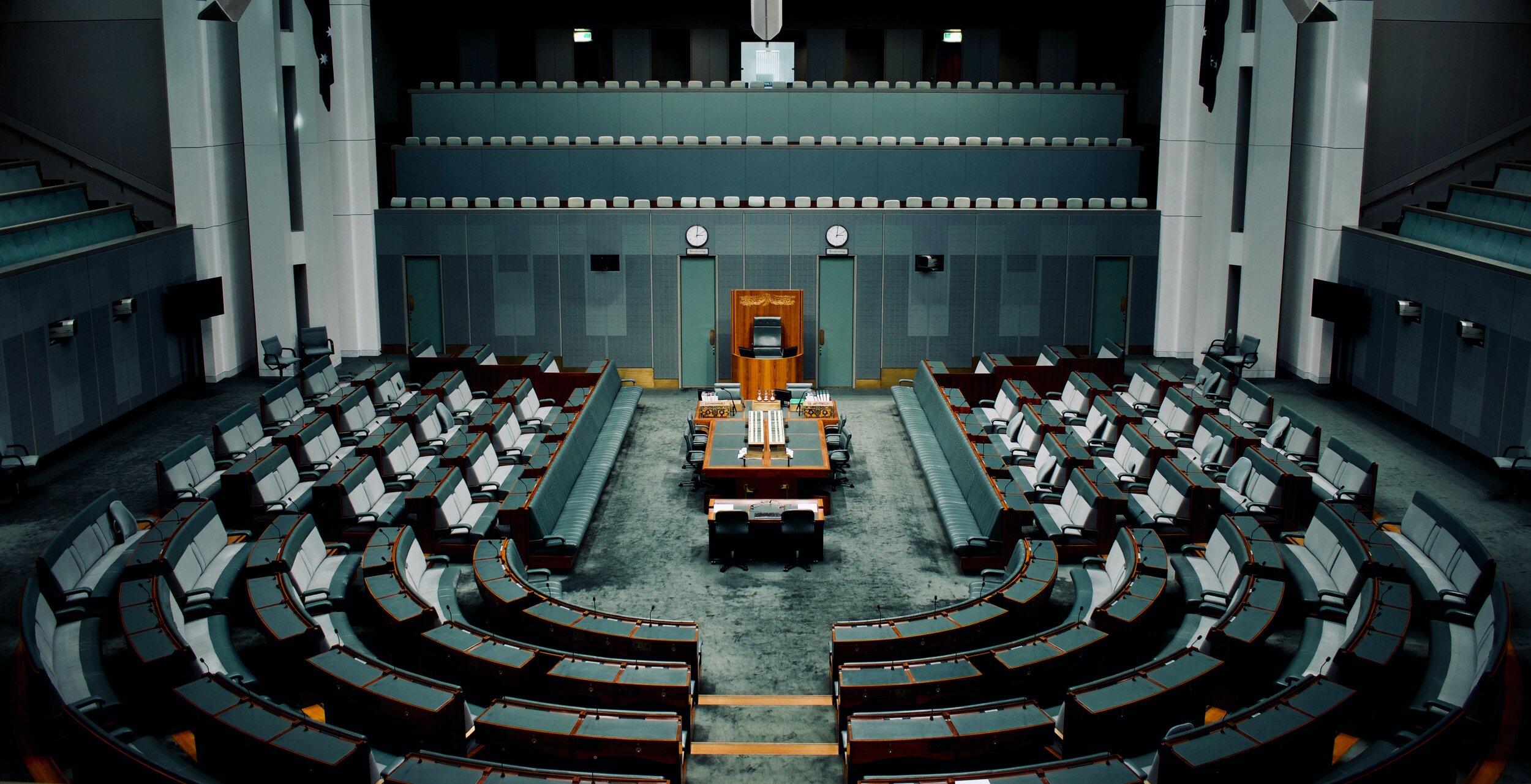Government Response to the Fairness in Franchising Report: Summary.
On 20 August 2020, the Federal Government released its response to the 71 recommendations made last year by the Parliamentary Joint Committee into the Franchising Code of Conduct (“Code”).
The Government’s most notable actions include:
Doubling of penalties for contravention of the Franchising Code of Conduct.
Introduction of conciliation and voluntary binding arbitration to strengthen dispute resolution between both parties.
Introduction of a mandatory Key Disclosure Information Sheet to better inform franchisees of the obligations and risks of entering a franchise agreement.
Increased disclosure requirements relating to supply arrangements, marketing funds, significant capital expenditure and exit arrangements.
Creating a public register of franchisors to increase transparency for prospective franchisees and help franchisees conduct adequate due diligence.
The inter-agency Franchising Taskforce further identified specific problems in their Issues Paper.
Some of the issues particularly relevant to franchisors include:
The question of extending cooling-off periods for franchisees.
Increasing disclosure requirements regarding payments into marketing funds and other shared resources via the clarification of terms in the Code. The committee has recommended introducing fines to deter abuse of shared funds.
Recommendations to change the Code to create mutual incentives and eliminate conflicts of interest. For example, some franchisors receive both rebates from the suppliers of a product used by franchisees and the sale of the product by the franchisee, creating an incentive for the franchisor to require franchisees to purchase from a more expensive supplier.
Recommendations to remove the ability of unilateral and retrospective variation (one party changing some part of a contract after it is signed).
Although not all recommendations have been passed into law, good practice will continue to ensure franchise systems have the best chance of sustainable success.
Best practice means franchisors should:
Consult with their franchisees and negotiate terms in a mutually beneficial, constructive manner.
Eliminate conflicts of interest, including as part of supply arrangements.
Negotiate any contractual changes with franchisees, avoiding unilateral or arbitrary intervention.
Fully disclose to prospective franchisees the risks and costs associated with entering the franchise agreement.
Disclose to existing franchisees how the money they paid into a marketing fund was allocated in an understandable meaningful way.
The Government’s full response to the report may be accessed here.
